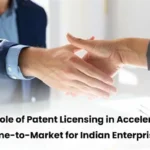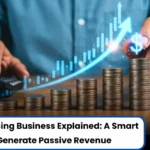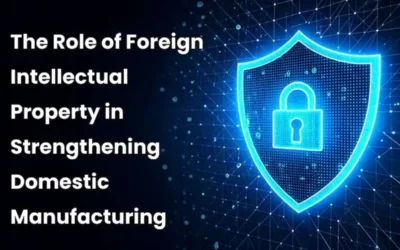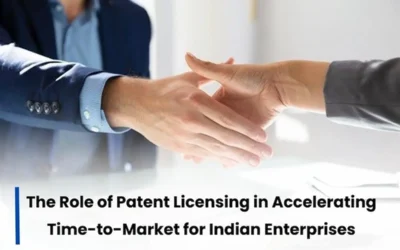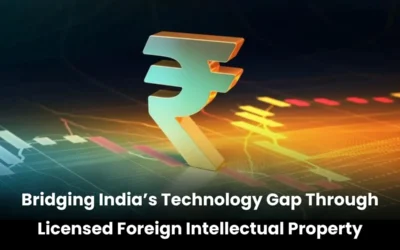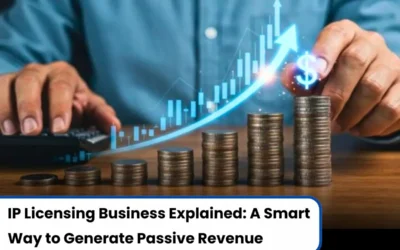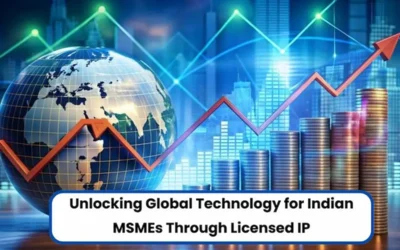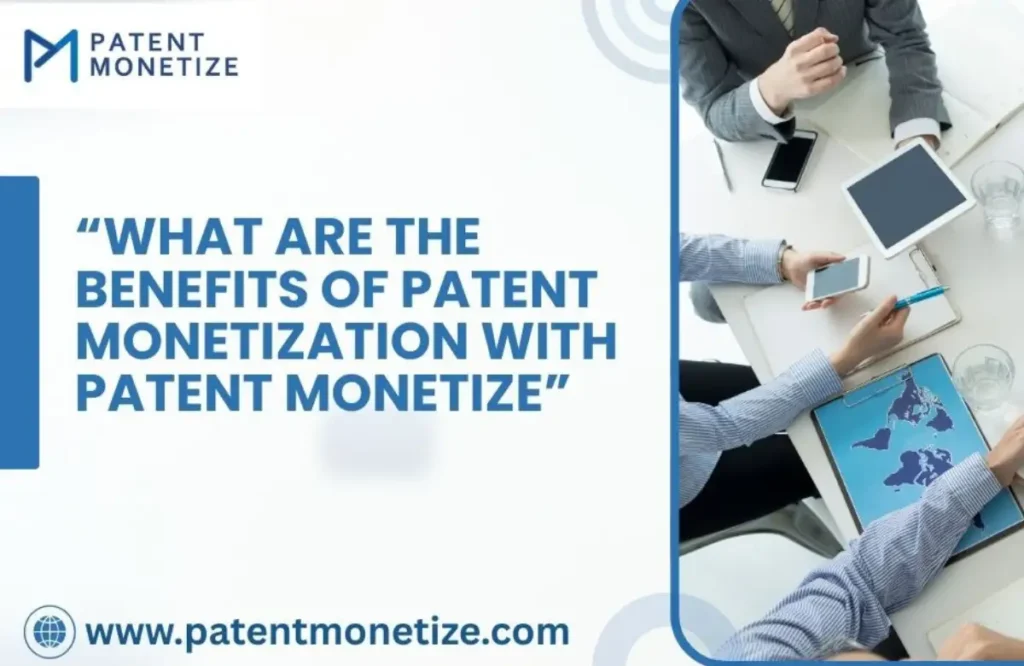
In fact, the new digital fast lane has seen the value of intellectual property appreciate to incredible heights for both businesses and individuals. The most promising sectors of high returns through IP relate to monetization. Among the many questions regarding patent monetize, there are questions on what the benefits of patent monetization are or how it works.Patent monetization simply pertains to the use of your patents in the generation of revenues or incomes. A patent, by legal definition, is that government-granted exclusive right given to recognize and acknowledge an inventor’s ownership over his inventions for some time period. By their monetization, patents may then become excellent means of creating some valuable revenues to the advantage of the inventor as well as to the company. There are several ways to monetize patents. The first methods are licenses or selling the patents outright, and other ways include using them as collateral to secure loans. The secret to maximizing the value of a patent lies in knowing its potential and finding the best approach to monetization.
Types of Patent Monetization Strategies
Patent monetization can be performed through many avenues. Depending upon the objective a patent holder might want to gain, each of the methods may avail of different benefits.
1. Patent Licensing
Perhaps, the most used method of monetizing inventions is patent licensing. With this, patent owners can accede rights to use an invention with a third party for some amount of time and normally with applied licence fees or royalties. Usually, license agreement deals fall under two types of classification.
- Exclusive Licensing: The owner of a patent gives to one licensee his right to exploit the patent. No other individual, even the owner, will be allowed to use or license any patented technology as agreed on.
- Non-exclusive Licensing: In this situation, the patent owner may issue licenses to some parties at a go. More revenue is accumulated because various individuals or companies would use the said invention.
Advantages of Patent Licensing:
- Predictable Revenue Stream: Licensing provides a predictable and steady stream of royalty payments over time.
- Risk Avoidance: Licensing shifts the risk of development and commercialization to the licensee, which is an excellent alternative for patent owners with limited resources.
- Global Access: Licensing enables patent owners to expand their products into international markets through the licensee’s established distribution network.
2. Patent Sale
Patent sale means that a patent ownership is transferred to someone else. Against this, he receives a pretty good amount in cash. So, this kind of method is going to ensure immediate results for sure, but still, the matter of fact here is that that patent owner cannot control his innovation anymore.
Benefits of Patent Selling
- Instant Cash Flow: One time instant sum of money provided to the owner upon the sale of a patent for covering up capital demands of an immediate manner.
- No Active Management: A seller selling patent is out of active management and enforcement post patent sale
- Reduced Risk: Selling off patent reduces one from the associated future legal disputes and market upheaval
3. Patent Enforcement
Patent enforcement involves taking law to an infringer that is applying patented technology without any form of consent. Enforcement provides protection of a patent owner’s rights. It is very expensive and time-consuming, but at times, an enormous amount of money is recovered. The benefits of patent enforcement include the following:
Advantages of Patent Enforcement
- Monetary Compensation: Patent owners may recover damages or compensation from the infringers.
- Deterrent: A monetized patent will not commit any infringement in the future.
- Patent Portfolio Strength: Patent monetization will strengthen the value of the patent portfolio to attract an investor or a probable buyer.
Benefits of Patent Monetization at Patent Monetize
After following some of the monetization strategies under Patent Monetize, let’s take a glance at the numerous benefits of patent monetization.
1. Earnings on Intellectual Properties
The most apparent benefit of patent monetization are the way to generate a steady stream of cash. It does not matter whether it is through licensing, selling, or enforcing patents, and the holders of patents can then unlock their earnings from them.
2. Leverage Your Patents
Patents have great value, especially in high-demand industries. The owner can earn the value out of patents through monetization. Patent licensing or sale to a willing buyer can give sure returns but depends on what it covers, such as probably new technologies or an industry’s biggest problem.
3. Patent maintenance costs should be low
Ownership of a patent has ongoing maintenance fees constantly required. Meaning, you can be throwing your money out there if you don’t use your patent. But if monetized, that is going to be able to at least reduce, if not cover, your costs and really turn into an asset that otherwise cannot be used for profit-making.
4. Attract investments
Patent monetization makes your firm more attractive for investors. Proper and strategic patent maintenance implies worth of any intellectual property contained in a corporation to the investors and then boosts success in finding some source of investment to support either innovation or scaling.
5. New Market End
Through licensing, your patented technology can be taken to new markets without having to invest in setting up a local presence. It opens doors to international markets and diverse industries while generating royalty payments.
6. Improve Your Competitive Advantage
Licensing is a good milestone that enables you to form exclusive partnerships or deny your competitors access to your patented technology, which will be an advantage for your company in the marketplace, thus restricting the pool of available companies that have access to similar technologies.
Read Also:- How Do I Develop a Strategic Plan for Global Patent Monetization?
How-to Patent Monetize End
That helps in strategic proper monetization of patents. Then, the actions will enable showing how you are going to yield as much in patent terms as you can as possible from the portfolio.
1. Value of Your Patent
Only through patent appraisal will you know the value of your patent, in which you will be enlightened on the value of the patent once you determine the demand of your product in the market. Patent appraisal is available through either patent brokerages or any qualified IP expert.
2. Identify Potential Buyers or Licensees
Understand what your patent is worth and begin the search to identify interested parties, whether companies or individuals who might use your invention to advance their business. That may mean some market research and communication with industry leaders. A patent broker or licensing agent can prove very helpful in that regard.
3. Strong licensing agreement proposal
If you would like to license the patent, then draw a clear and comprehensive licensing agreement. The contract should include such terms as royalties, the duration, and geographical limitations. In this way, there should be no problem arising in the future.
4. Assert your patent rights
In case your patent is infringed, you might be compelled to institute legal proceedings against the alleged infringing parties. You are expected to seek the services of a practicing IP lawyer so that they can give you recommendations on whether litigation or settlement, or otherwise the resolution of this issue through alternate means.
Conclusion
Patent monetization is the best method for capturing the monetary value of your intellectual property. All the decisions about licensable, sellable, or even enforcement of patents followed by overall possible monetization through patent monetize tend to have superlative return on investment returns. However, knowledge regarding such strategies implemented in an intelligent and prudent fashion helps make one’s patents a money-generating system. Now, regardless of whatever kind of business you are inventing or just a business enterprise, value maximization through innovation will now unveil its way ahead for further investigation and development in the lives of businesses and inventors as well. Well, if you think of patent monetization, this would surely ease things a little bit if done with the right strategy in your mind. Try to understand just how much value your patent can bring and listen to people who have mastered their field. As soon as you apply the correct approach, then you can definitely be sure that your intellectual property will continue to work for you and your bottom line.

